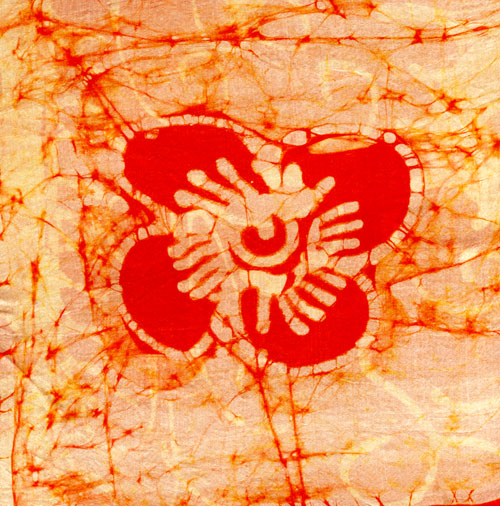 Concept poetry always risks disinterest. A book of poems – or an entire collection, in some cases – that focuses on a single topic can only hold so much attention, and the audience that does attend must either share in the monomania or be coaxed into its obsession quickly. The right seductress can take you to her room and entertain forever with the curtains closed, like Anne Wies in Floating City. Despite the urban fixation, she lets us in on joyous secrets, the beatitude of the city, and we transform alongside her subject with a smile.
Concept poetry always risks disinterest. A book of poems – or an entire collection, in some cases – that focuses on a single topic can only hold so much attention, and the audience that does attend must either share in the monomania or be coaxed into its obsession quickly. The right seductress can take you to her room and entertain forever with the curtains closed, like Anne Wies in Floating City. Despite the urban fixation, she lets us in on joyous secrets, the beatitude of the city, and we transform alongside her subject with a smile.But not all concepts can be so successful, and many overstep the boundary between focus and fixation. Questions of race and identity, as popularized in poetry by Sherman Alexie and Natasha Trethewey, walk the fine line and often stumble into tedium.
The problem with conceptualizing emotion is that its expression becomes exhaustive; one can only talk for so long about being a fish out of water or a disgruntled half-breed or an indignant native American. These things, although potential topics for one or a few poems, are the means to a more creative end, not the ends themselves. Unique human conditions produce uniquely emotive beings, people capable of fathoming the world in endlessly different ways. These people, then, should do more than just poeticize their complaints ad nauseam at the expense of other creative ventures. They should exorcise past demons and charge onward rather than stand on a petrified soapbox.
What a strange soapbox it is, too - demanding restitutions, decrying intolerance, and elucidating personal plights with supposed social resonance. We hear their hollering loud and clear. She is black. He is Native American. But their attempt to promote diversity is a rather uniform one, a singular self-sabotage. It proves that they can curate their own Museums of Me but are too scared or proud or boring to walk outside. She is still that little mulatto girl trying to fit in (or stand out), but she can’t because her struggle has won out. It has replaced her and speaks volumes while she remains mute: "A true account of how things were back then. / On screen a slave stood big as life: big mouth, / bucked eyes, our textbook's grinning proof - a lie / my teacher guarded. Silent, so did I". And he can only stew indignantly, waiting to strike back: "You understand and know / why I was so quick to rage, remember / why my hand closes easily to a fist."
Move on, move on, move on...








